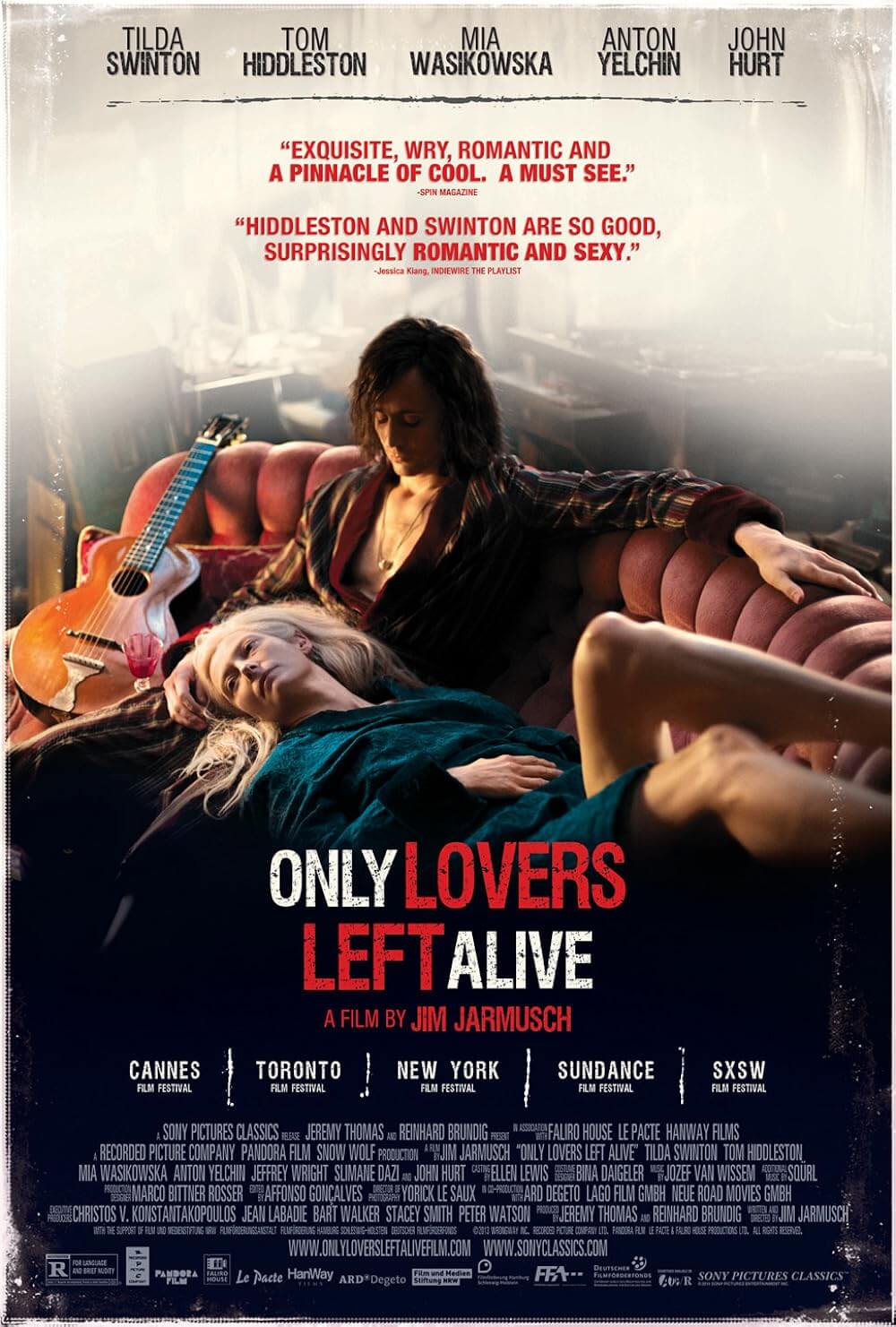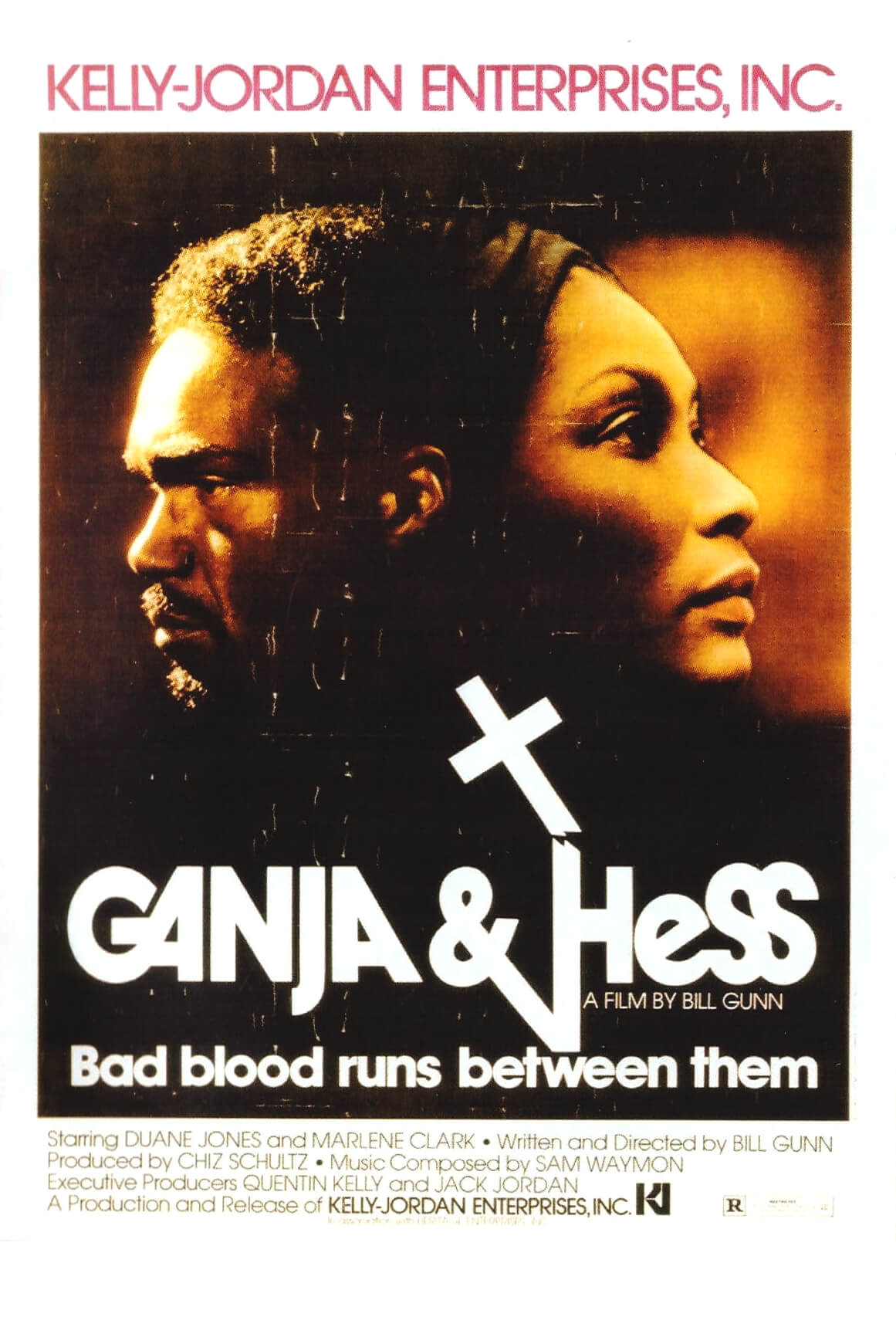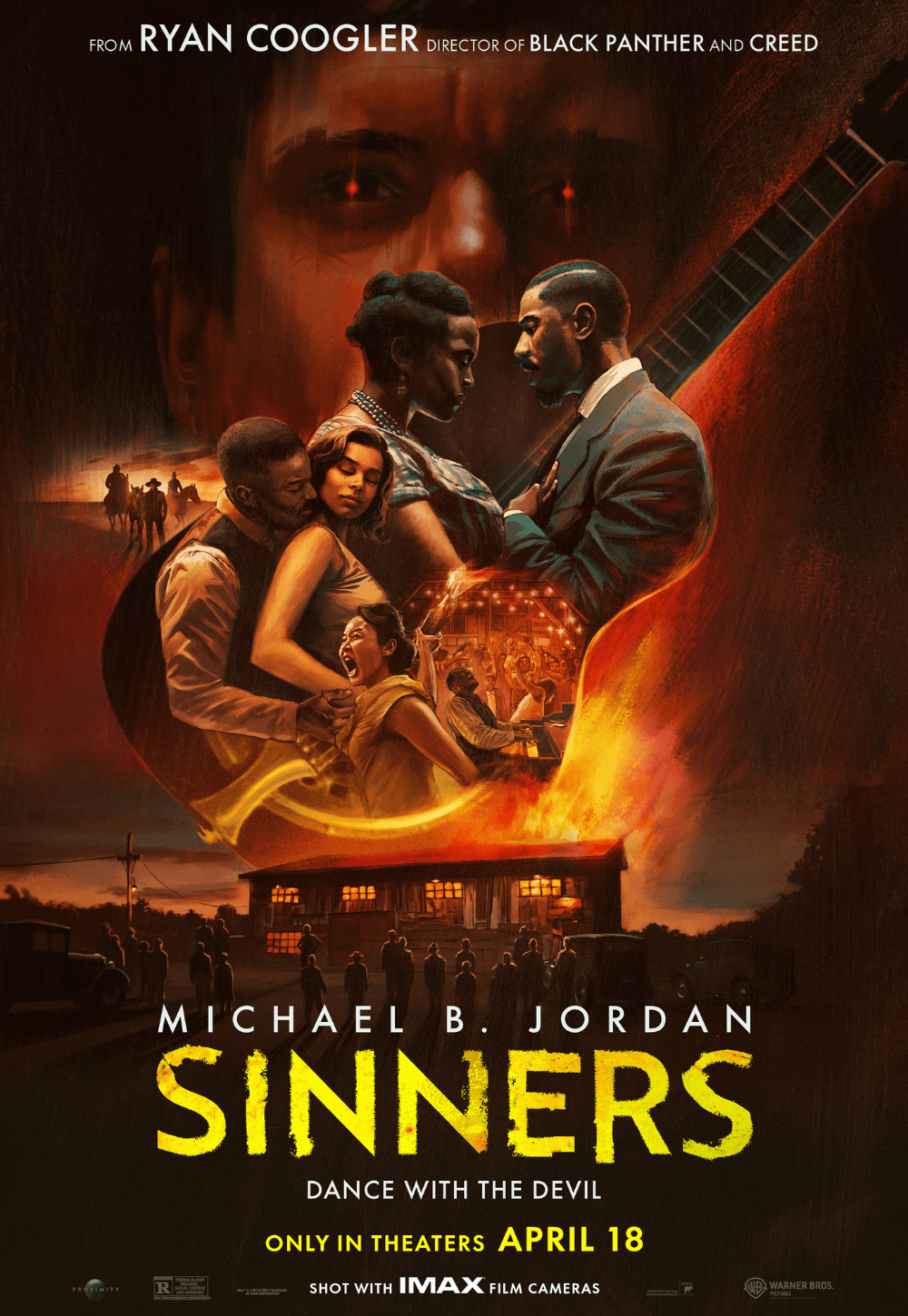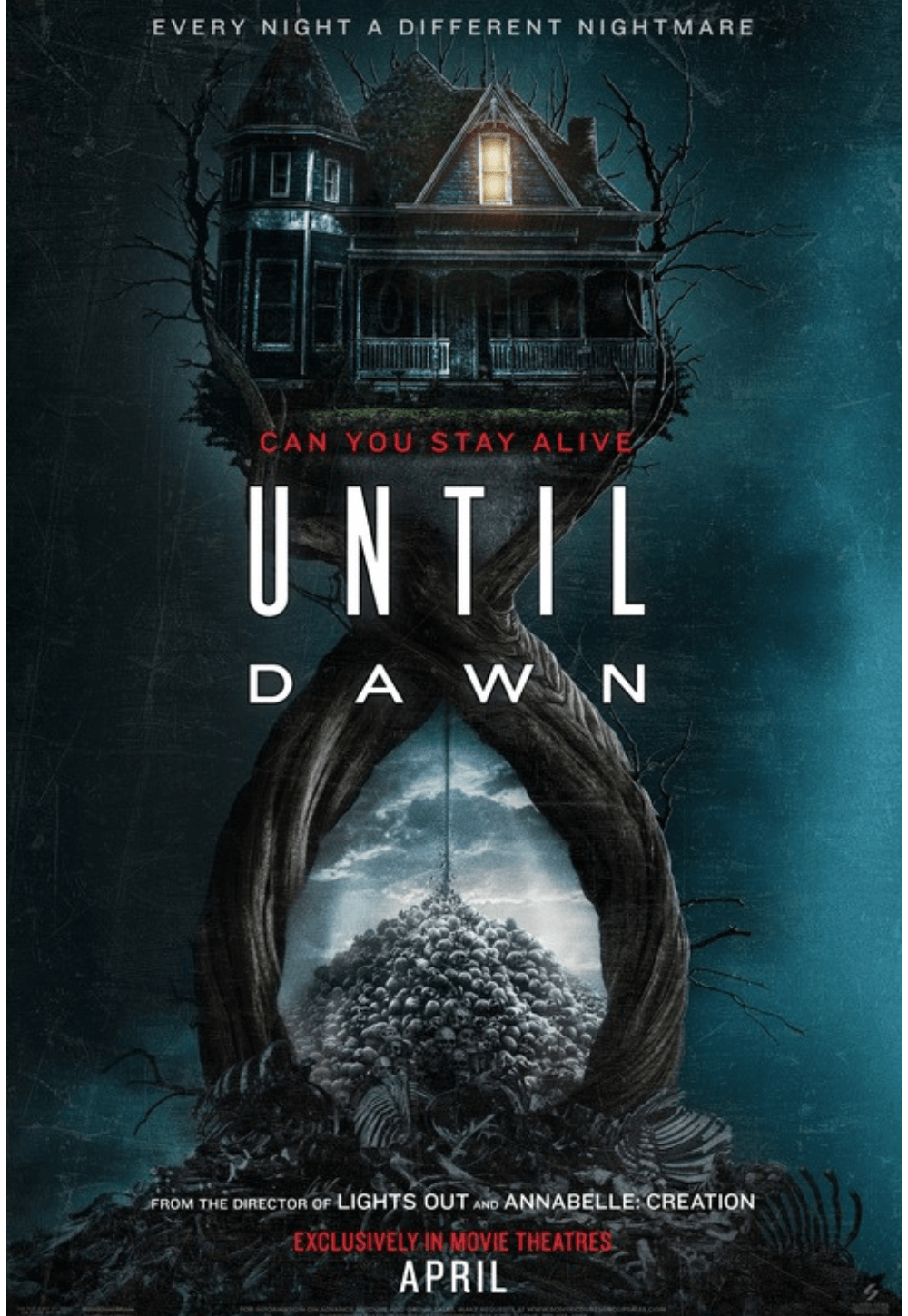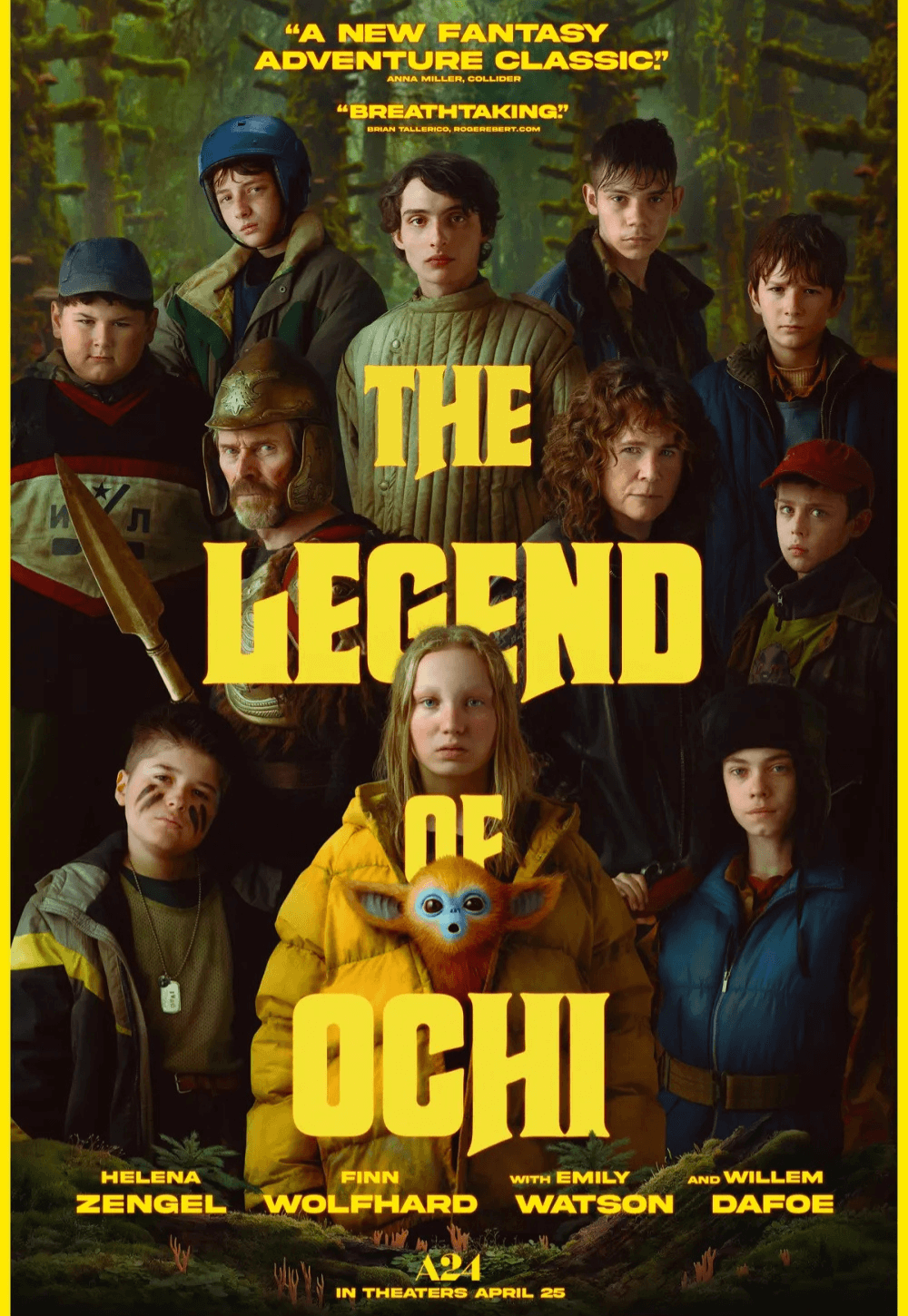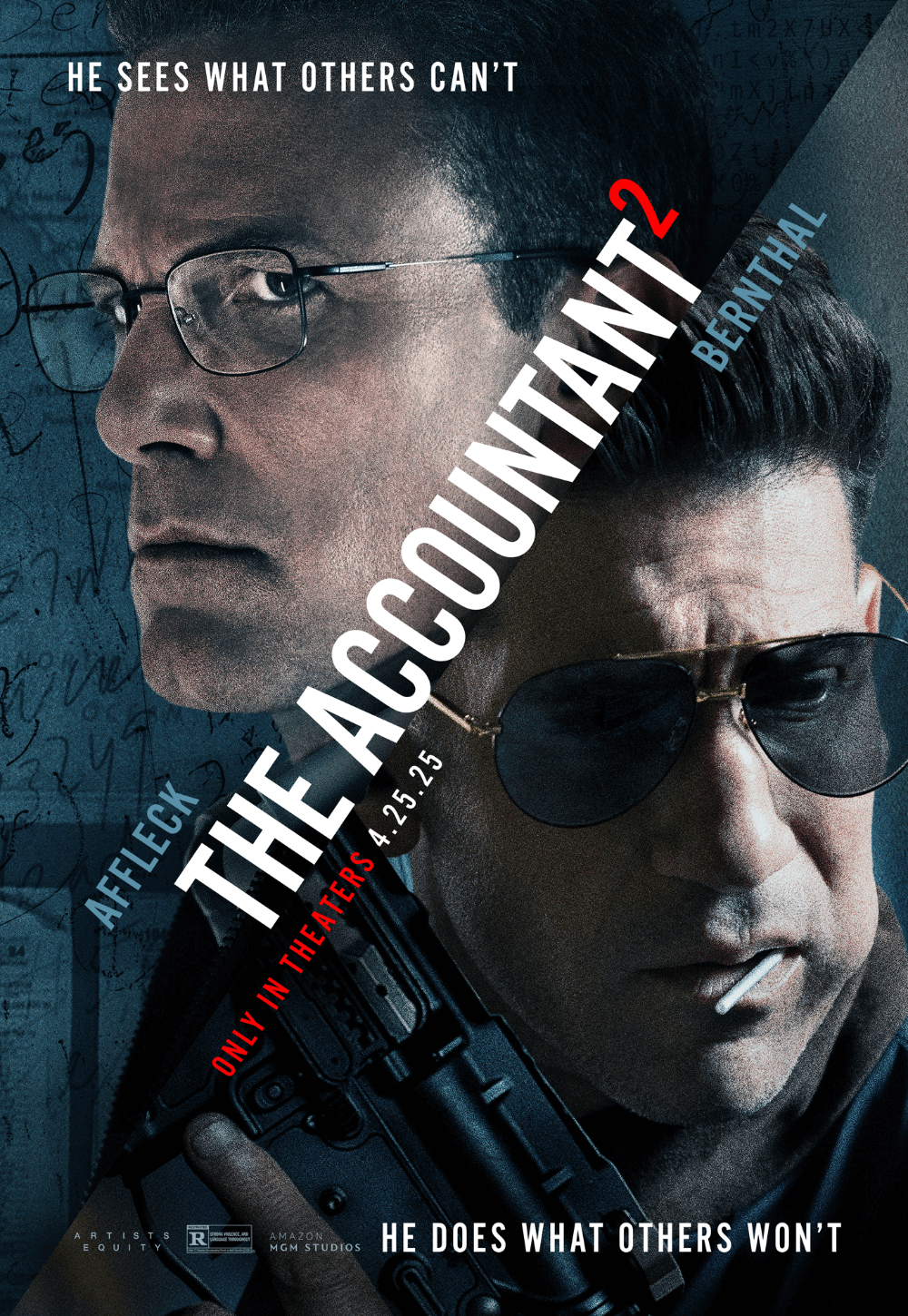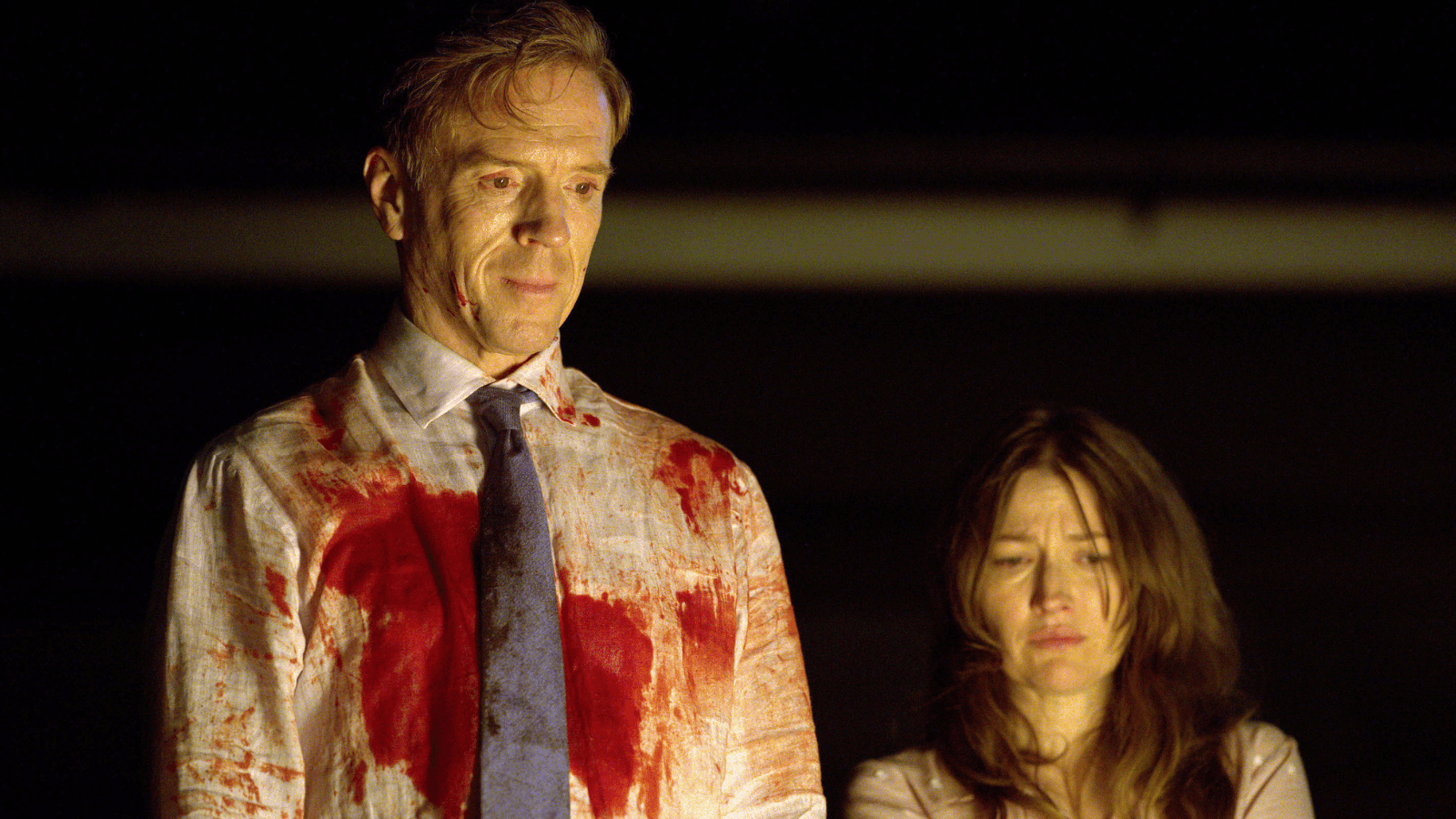
The Radleys
By Brian Eggert |
Note: The Radleys will be in theaters and VOD on October 4, 2024.
Based on Matt Haig’s 2010 young adult novel, The Radleys feels like the pilot episode of a television series I would watch. Akin to HBO’s True Blood, albeit set in England instead of Louisiana, it’s a mostly sexless, Picket Fences-esque take on the secret lives of vampires. Unfortunately, no more episodes will follow because Haig only wrote one book, so the story ends just as it gets going. This leaves several themes and subplots superficially explored, making the viewer feel like the series was canceled instead of renewed for a second season. Still, the credible cast—headlined by Kelly Macdonald and a pair of performances by Damian Lewis as identical twin brothers—enhances this charmingly macabre, if familiar, scenario. It’s unlikely that The Radleys will be everyone’s favorite vampire movie, but it’s also pretty fun in a disposable, late-night entertainment way.
Set in the idyllic Yorkshire village of Bishopthorpe, the story follows a vampire family with secrets. The anal-retentive mother, Helen (Macdonald), maintains the household alongside her physician husband, Peter (Lewis). Their teen children—the vegan Clara (Bo Bragason) and introverted, closeted photographer Rowan (Harry Baxendale)—have no idea what their nosferatu parents are or what they will become. But an incident soon threatens to destabilize their quiet life. When a classmate attempts to rape Clara after a party, she retaliates, unleashing her superhuman vampire strength, fangs, and bloodlust for the first time. The incident requires that Helen and Peter not only cover up a murder but also have a talk with their kids about the “family disease.” Helping them manage the corpse and police investigation is Peter’s estranged twin brother, Will, whose blue eyes, nomadic mobile home lifestyle, and raggedy appearance contrast Peter’s brown eyes, domesticity, and clean-cut look.
Every vampire movie has a unique spin on the mythology, often with arbitrary variations to distinguish itself. Here, we learn sunlight doesn’t bother the Radleys and they cast reflections in mirrors, yet garlic is a problem, and so is a stake through the heart (as is the case with most living things). Helen and Peter explain to their children that they are “abstainers” in “recovery” from the vampire life. Their vast vampire community offers a book, a website, a hotline, and even an app to help vampires curb their cravings and avoid the whole murdering-to-feed thing. Drinking blood is a high, you see. But when one abstains, they lose certain benefits, such as the mental abilities that give one the power of suggestion or attune one to other extra-sensory perceptions. Will, for instance, hasn’t dulled his vampire powers by abstaining and thinks his brother’s lifestyle is a waste. When Will arrives, he encourages Clara and Rowan to explore their powers, explaining, “The world’s a feast of pleasures.”
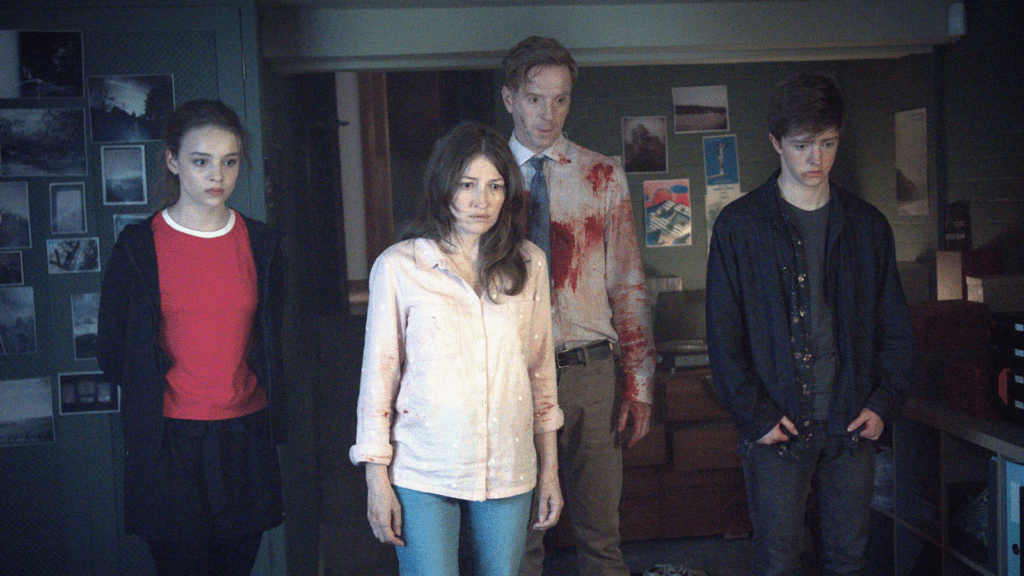 Adapted by screenwriter Talitha Stevenson, the material uses vampirism in several metaphors. For Rowan, it’s tantamount to acknowledging queer desire, coming out, and feeling the pleasure of self-awareness. Peter and Helen grapple with their thirst in a take on substance abuse, with dashes of midlife crisis and sexual repression. Clara’s experience becomes one of female agency, standing up for herself in the face of a sexual predator. While each member of the titular family has their hang-up, each of these subplots is anchored by two overarching story threads: The tension builds as their neighbor, the anxiety-ridden ex-cop Jared (Shaun Parkes)—father to Evan (Jay Lycurgo), the object of Rowan’s affection—threatens to expose the Radleys for what they are. But then Will also introduces a corruptive element into their otherwise peaceful family dynamic. He’s not quite frightening—the movie is far from scary—but he presents a clear threat.
Adapted by screenwriter Talitha Stevenson, the material uses vampirism in several metaphors. For Rowan, it’s tantamount to acknowledging queer desire, coming out, and feeling the pleasure of self-awareness. Peter and Helen grapple with their thirst in a take on substance abuse, with dashes of midlife crisis and sexual repression. Clara’s experience becomes one of female agency, standing up for herself in the face of a sexual predator. While each member of the titular family has their hang-up, each of these subplots is anchored by two overarching story threads: The tension builds as their neighbor, the anxiety-ridden ex-cop Jared (Shaun Parkes)—father to Evan (Jay Lycurgo), the object of Rowan’s affection—threatens to expose the Radleys for what they are. But then Will also introduces a corruptive element into their otherwise peaceful family dynamic. He’s not quite frightening—the movie is far from scary—but he presents a clear threat.
Other films have dealt with thematic uses for vampirism better than The Radleys. Drinking blood was the central metaphor for suppressed queerness in Interview with the Vampire (1994), for substance abuse in Larry Fessenden’s vamp indie Habit (1997), and for a coming-of-age narrative in Byzantium (2012). The treatment of these themes in The Radleys cannot help but feel underserviced by comparison since each receives only cursory exploration in the story. But it’s also a clever way of offering something for everyone, lending the material the horror movie version of four-quadrant appeal. Even so, the production’s occasional voiceover by Rowan suggests this is his story, even though the other characters receive almost as much screen time—all except Clara, whose journey kicks the plot into action but takes a back seat to the other characters.
Competently directed by Euros Lyn, The Radleys looks bright and clean with a made-for-TV aesthetic. Cinematically, not much interesting happens here, and its form is recessive to its story. Fortunately, Lewis is excellent in his dual roles, creating two well-defined characters with distinct mannerisms. The techniques used to show them both onscreen prove seamless. Macdonald is also quite good in her subplot, which entails Helen’s complicated relationship with Peter and Will. Bragason has little to do, while Baxendale has an obligatory YA love story with Lycurgo’s character that is heartfelt. Most of the ideas and familiar story beats in The Radleys are handled with an assured hand, but the screen story leaves one wanting more, except there’s no promise of a sequel or a second episode. The movie can’t help but feel somewhat inadequate, with its treatment of the various family members spread thin over about two hours. However, it’s all amusing and modestly involving enough to warrant a half-hearted recommendation for vampire fans.
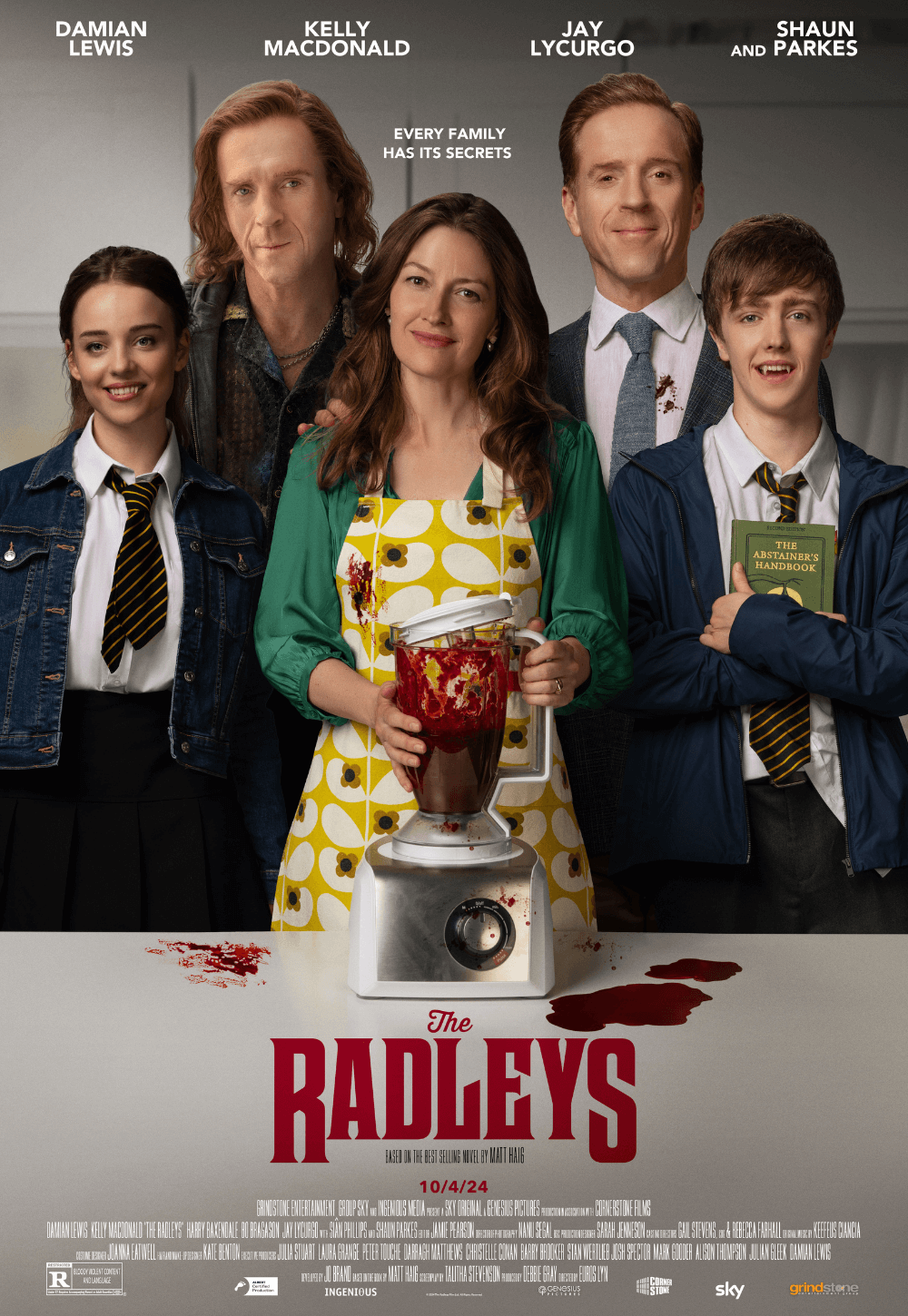
Consider Supporting Deep Focus Review
I hope you’re enjoying the independent film criticism on Deep Focus Review. Whether you’re a regular reader or just occasionally stop by, please consider supporting Deep Focus Review on Patreon or making a donation. Since 2007, my critical analysis and in-depth reviews have been free from outside influence. Becoming a Patron gives you access to exclusive reviews and essays before anyone else, and you’ll also be a member of a vibrant community of movie lovers. Plus, your contributions help me maintain the site, access research materials, and ensure Deep Focus Review keeps going strong.
If you enjoy my work, please consider joining me on Patreon or showing your support in other ways.
Thank you for your readership!
Brian Eggert | Critic, Founder
Deep Focus Review


